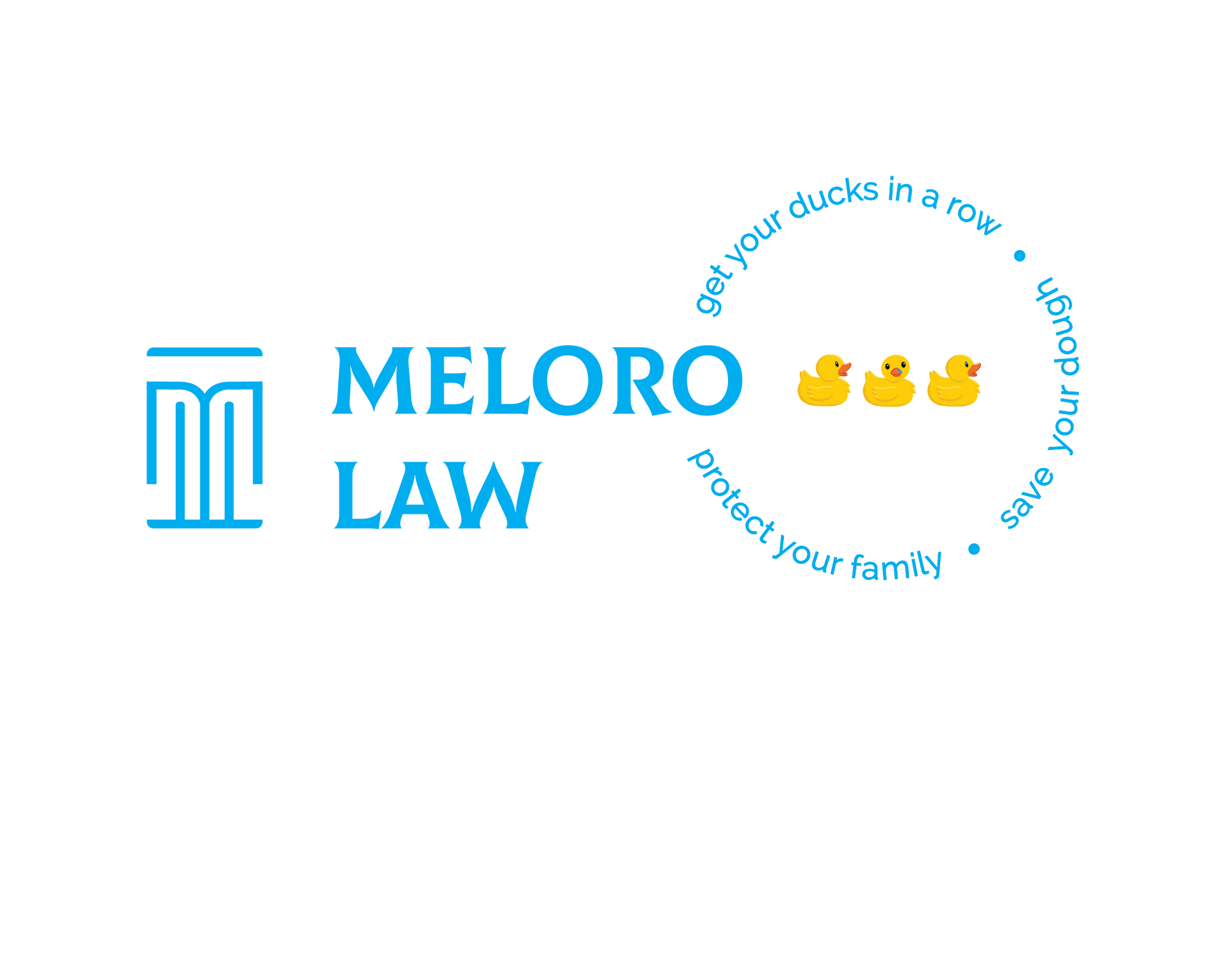Client Login
×|
Blog
MELORO LAW
Meloro Law, Creative Solutions and Lifetime Planning to Protect You, Your Loved Ones, and Your Assets
|
Facing Parkinson’s with a Plan; How Florida Families Can Prepare for the Road Ahead

What would you do if someone in your family was just diagnosed with Parkinson’s disease? Would you know where to start or how to protect what matters most? A diagnosis like this brings up a lot of emotions and even more questions, but it can also be the start of a strong plan for the future.
As you know, our law practice works hand in hand with Florida seniors, their loved ones, and many of their caregivers as they age. We see our clients and community members in all phases of life. In recognition of National Parkinson’s Awareness Month this April, we are focusing on how thoughtful planning can help families navigate this journey with greater clarity and support. While this blog highlights steps that can help after a Parkinson’s diagnosis, many of these strategies apply to any serious health issue and, when acted upon before a crisis sets in, can set the stage for a more peaceful transition.
There is no question that planning ahead empowers you to protect your care, reduce stress for loved ones, and make informed decisions before a crisis. It all starts with getting your ducks in a row. At Meloro Law, we understand that planning for long-term care is deeply personal. We help Florida families create legal strategies that bring peace of mind and security through every stage of care. Let us walk through some steps you can take now to start building a stronger plan for the future.
- Understand the impact of long-term care. Parkinson’s is a progressive condition that may require increasing levels of care over time. From home-based support to skilled nursing facilities, long-term care can be physically, emotionally, and financially demanding. Understanding what care may be needed in the future is the first step to protecting your options.
- Create or update your Florida estate planning tools. Every adult should have core legal tools in place, but a diagnosis makes it especially important. A durable power of attorney allows someone you trust to manage financial matters if you become unable to do so. Health care planning tools ensure your wishes are followed when it comes to treatment and care decisions. A trust agreement and a last will and testament work together to manage and distribute your assets as intended. These documents should reflect your current wishes and be reviewed regularly.
- Review asset protection strategies. Long-term care in Florida can be expensive. Without the right legal protections, families may be forced to spend down assets to qualify for Medicaid. Planning ahead allows you to explore options such as irrevocable trust agreements that may help preserve assets while still meeting eligibility rules.
- Plan early for Medicaid eligibility. Many families wait too long to think about Medicaid until a care crisis is already underway. By planning in advance, you can structure your resources in a way that supports eligibility while still protecting what you have worked for. At Meloro Law, we help clients explore Medicaid planning strategies that align with their goals.
- Identify a trusted decision maker. If the time comes when you cannot make decisions on your own, having a trusted person legally designated to step in is critical. This includes naming agents in both your durable power of attorney and your health care planning tools. These decisions help avoid future disputes and ensure your preferences are followed.
- Consider a trust agreement. A trust agreement can offer more flexibility and privacy than a last will and testament alone. It can also help avoid probate and allow for more direct management of assets during your lifetime and after. If you are concerned about protecting your estate or ensuring support for a spouse or family member, a trust agreement may be the right tool to include in your plan.
- Review your beneficiary designations. Even the best estate plan can be disrupted if beneficiary designations on accounts are outdated or inconsistent. Reviewing retirement accounts, life insurance policies, and bank accounts ensures everything aligns with your overall goals and avoids unintended outcomes.
- Address housing and future care needs. Where you live matters, especially when long-term care becomes necessary. Explore whether your current home will remain suitable as your needs change or if alternatives like assisted living or skilled nursing care may eventually be needed. These conversations can help you and your loved ones prepare in advance.
- Communicate with your family. An estate plan is most effective when your loved ones know what to expect. Letting them know who is named in your documents, what your wishes are, and where important papers are kept helps reduce confusion and ease stress down the road.
- Work with a Florida elder law attorney. Every situation is different, and planning for Parkinson’s or another serious condition requires thoughtful, personalized guidance. An experienced Florida elder law attorney can help you understand what tools are available, how to qualify for assistance, and what steps to take now to avoid costly mistakes later.
We know this blog may raise more questions than it answers. At Meloro Law, we are here to make sure your trust agreement delivers everything you intended for your family. We encourage you to contact us and schedule a meeting to get your ducks in a row. To learn more about Meloro Law and how we can help you when you need legal representation for estate planning or elder law issues, do not wait to call us today.
Contact Us
CONTACT


